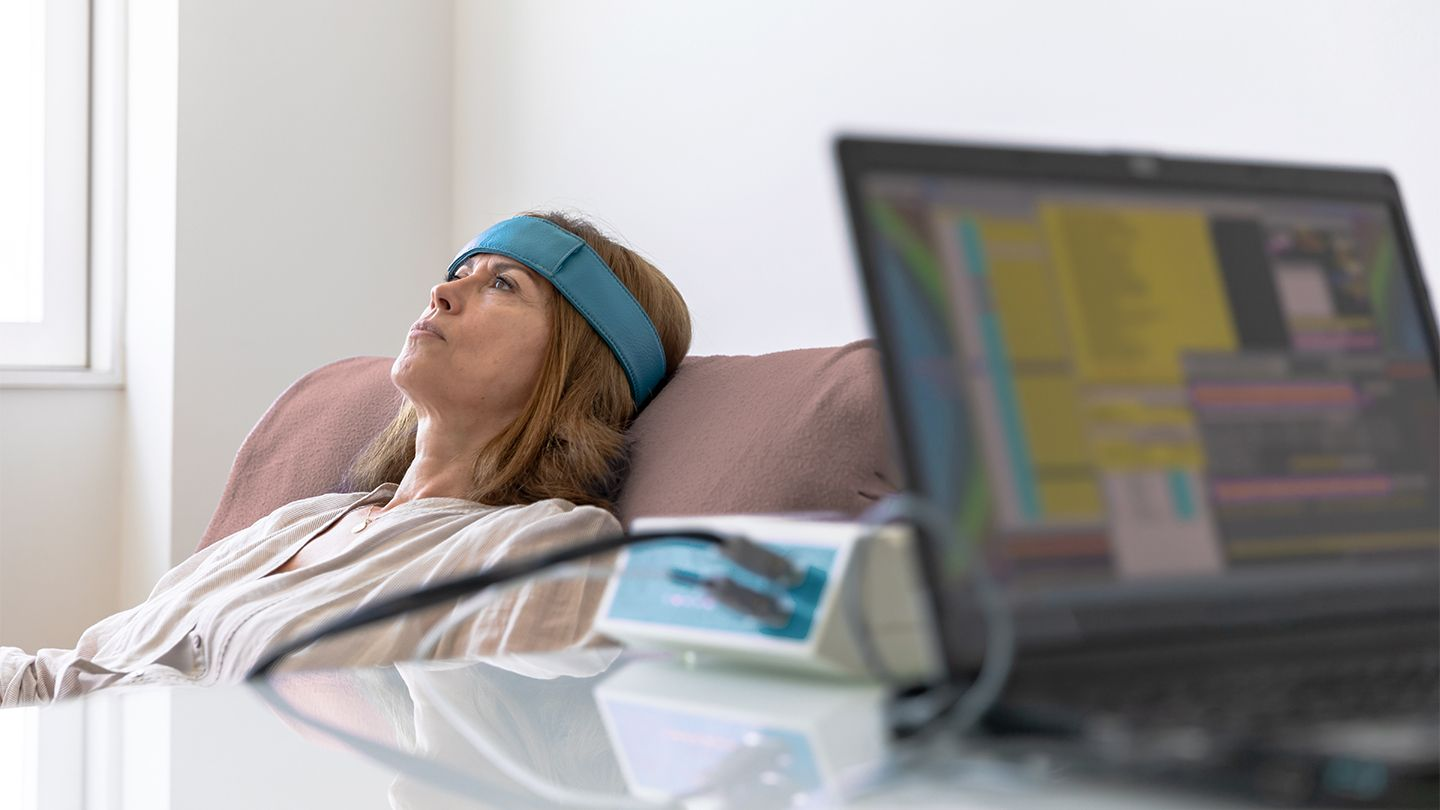Biofeedback therapy in Indiana is a relatively new treatment for addiction that shows promising results. This type of therapy uses technology to help people learn how to control their body’s responses to stress. It helps treat addictions to drugs, alcohol, and even food. In this blog post, we will discuss thebenefits of biofeedback therapy and how it can be used to treat addiction. Let’s take a closer look!

What Is Biofeedback Therapy in Indiana?
Drug and alcohol addiction is a widespread problem that takes a toll on both individuals and society. Though there are many different approaches to treatment, one promising method is biofeedback therapy.
Biofeedback therapy in Indiana is a type of addiction treatment in Indiana that uses technological devices to help patients learn how to control their body’s involuntary functions. These functions include heart rate, blood pressure, skin temperature, and muscle tension. Biofeedback therapy can treat various conditions, such as headaches, stress, anxiety, chronic pain, high blood pressure, and urinary incontinence.
For example, if a patient is trying to lower their heart rate, they might see their heart rate on the monitor increase when they are anxious or stressed.
This feedback can help the patient learn how to control their body’s response to these stimuli. Biofeedback therapy is usually done in a series of sessions, and it may be combined with other types of treatment, such as medication or counseling.
How Does A Biofeedback Therapy Session In Addiction Treatment Work in Indiana?
A biofeedback therapy session for addiction treatment includes a variety of exercises and activities that help the person learn to control their body’s response to stress. The goal is to teach the person how to manage their stress levels better to avoid triggers that lead to addictive behaviors.
The person will be connected to sensors that measure various bodily functions such as heart rate, skin temperature, and muscle tension during the session. The therapist will then provide feedback on these readings, helping the person understand how their body reacts to stress.
With practice, the person can learn to control their body’s response and reduce their stress levels. Ultimately, this can help prevent relapse and reduce the urge to engage in addictive behaviors.
How Does Biofeedback Therapy Help In Addiction Treatment?
Research has shown that Biofeedback Therapy can be an effective treatment for substance abuse and addiction. In the case of addiction treatment, biofeedback therapy can help patients learn how to control their cravings and urges.
Biofeedback therapy aims to help patients become more aware of their bodies and how they react to various stimuli. In addition, Biofeedback Therapy can also help people deal with the underlying issues that contribute to addiction, such as anxiety and depression.
Methods Used In Biofeedback Therapy For Addiction Treatment
Several different methods can be used in biofeedback therapy for addiction treatment. These methods can vary depending on the specific needs of the individual, but some common techniques include:
Relaxation Training:
It involves learning to control and relax the body’s muscles through various relaxation techniques.
Stress Management:
It helps the individual identify and manage sources of stress in their life.
Breathing Exercises:
These exercises aim to control the body’s breathing rate and can be used to promote relaxation.
Guided Imagery:
It involves picturing relaxing and peaceful scenes in the mind, which can help to reduce stress and anxiety levels.
Conclusion
Drug and alcohol addiction in Indiana is a complex disease that requires multiple addiction treatment approaches. If biofeedback therapy in Indiana can help even a fraction of people struggling with addiction, it would be a significant step forward in helping those affected by this devastating disease.
Finally, biofeedback therapy is a long-term solution that helps people learn how to live without drugs or alcohol.
